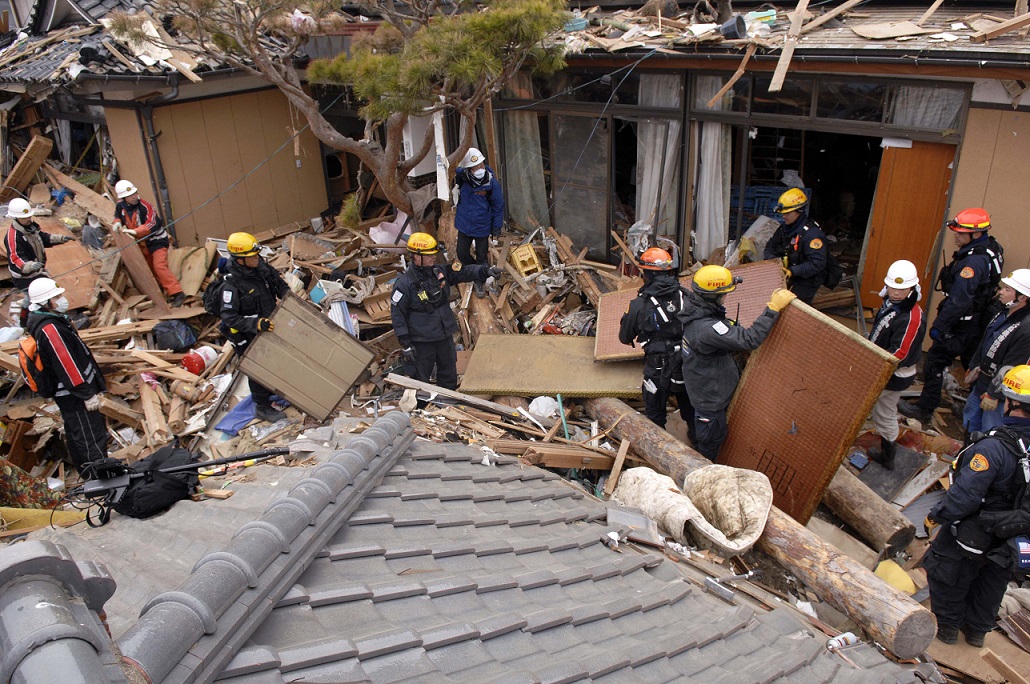
This post is also available in:
 עברית (Hebrew)
עברית (Hebrew)
A powerful earthquake in Israel could be a multi-faceted disaster, largely due to the lack preparedness, and particularly because of the unstable condition of many old buildings, which were not constructed according to the anti-seismic standards, claims an INSS publication.
The article evaluates that following the mild earthquakes in the Sea of Galilee area in July 2018, there was increased public awareness – albeit perhaps temporary – regarding the possibility of a powerful earthquake in Israel.
The cost of a major earthquake has been estimated in the assessment adopted by the government in 2012 to reach some 7,000 fatalities and thousands of people injured and trapped in collapsed buildings. About 170,000 individuals will be left homeless.
Is it possible to prepare for such a severe scenario? Col. Dr. (res.) Hilik Sofer and Brig. Gen. (ret.), Meir Elran think the answer is complicated, but clearly positive.
Over the last decade, Israel has invested increased efforts to prepare for earthquakes, and the Home Front Command’s search and rescue capacities have been enhanced, as were those of the firefighters and other first responders.
What must be done to mitigate the damage is well known – and yet, much remains to be done by the government in at least two critical fields:
- Early warning: About 18 months ago deployment began of “tru’ah,” the national early warning system for earth shocks (sensors placed along the Syrian-African rift). The current estimate is that the system will be completed by 2019; however, the budget is insufficient. Moreover, the establishment of the Seismology Unit in the Geological Institute is not yet complete.
- Preventing and mitigating damage: The investment in preparedness for earthquakes is negligible, particularly relative to the severe risk, in striking contrast to the Israeli investment of billions of shekels in sheltering, particularly in the area around the Gaza Strip, and in promoting preparedness to face the threat of rockets and missiles.
What can be done, in the short range, to improve readiness for a severe earthquake?
- The subject of preparing for earthquakes must be promoted to a much higher position on the national agenda. It will be important in the first stage to ensure that all existing government resolutions on this matter are fully budgeted and actually implemented, Public knowledge and awareness play a decisive role in saving lives in the event of a large-scale disaster, therefore educating the public is imperative.
- Define a senior national body to be affiliated with the (existing) ministerial committee on National Earthquake Readiness. This organ will be responsible for implementing government policy and for the necessary coordination between the relevant ministries, first response agencies, and local authorities.
- Local authorities must have the executive responsibility for managing the disaster on the ground, as it occurs.
- There must be an immediate change in the concept and method of reinforcing construction. Implementation of existing plans to reinforce public buildings must be revived and prioritized according to their necessity and location with respect to the expected earthquake.

























